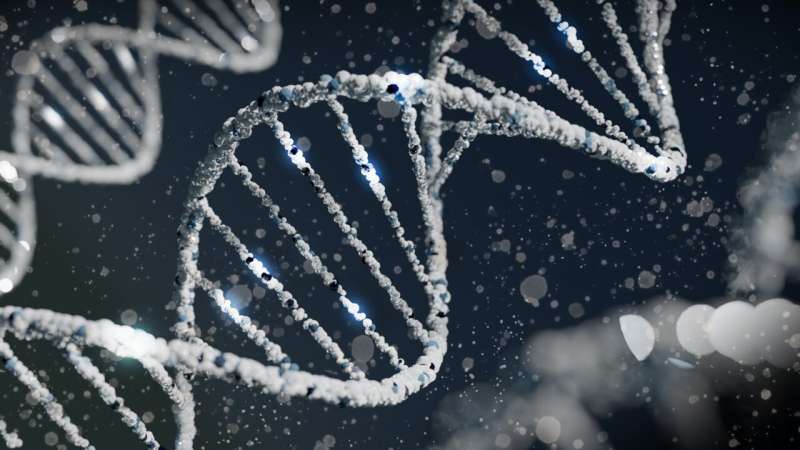Home » Health News »
Does a child’s mathematical ability have a genetic basis?

A new study published in Genes, Brain and Behavior has identified several genetic variants that may be linked with mathematical abilities in children.
For the research, investigators performed genome-wide association studies on 11 mathematical ability categories in 1,146 students from Chinese elementary schools. They identified seven single nucleotide genetic variants in the genome that were strongly linked to mathematical and reasoning abilities.
Additional analyses revealed significant associations of three mathematical ability categories with three genes. Variants in LINGO2 (leucine rich repeat and lg domain containing 2) were associated with subtraction ability, OAS1 (2′-5′-oligoadenylate synthetase 1) variants were associated with spatial conception ability, and HECTD1 (HECT domain E3 ubiquitin protein ligase 1) variants were associated with division ability.
“Results of our research provide evidence that different mathematical abilities may have a different genetic basis. This study not only refined genome-wide association studies of mathematical ability but also added some population diversity to the literature by testing Chinese children,” said corresponding author Jingjing Zhao, Ph.D., a professor in the School of Psychology at Shaanxi Normal University, China.
More information:
A genome-wide association study identified new variants associated with mathematical abilities in Chinese children, Genes Brain & Behavior (2023). DOI: 10.1111/gbb.12843
Journal information:
Genes, Brain and Behavior
Source: Read Full Article


